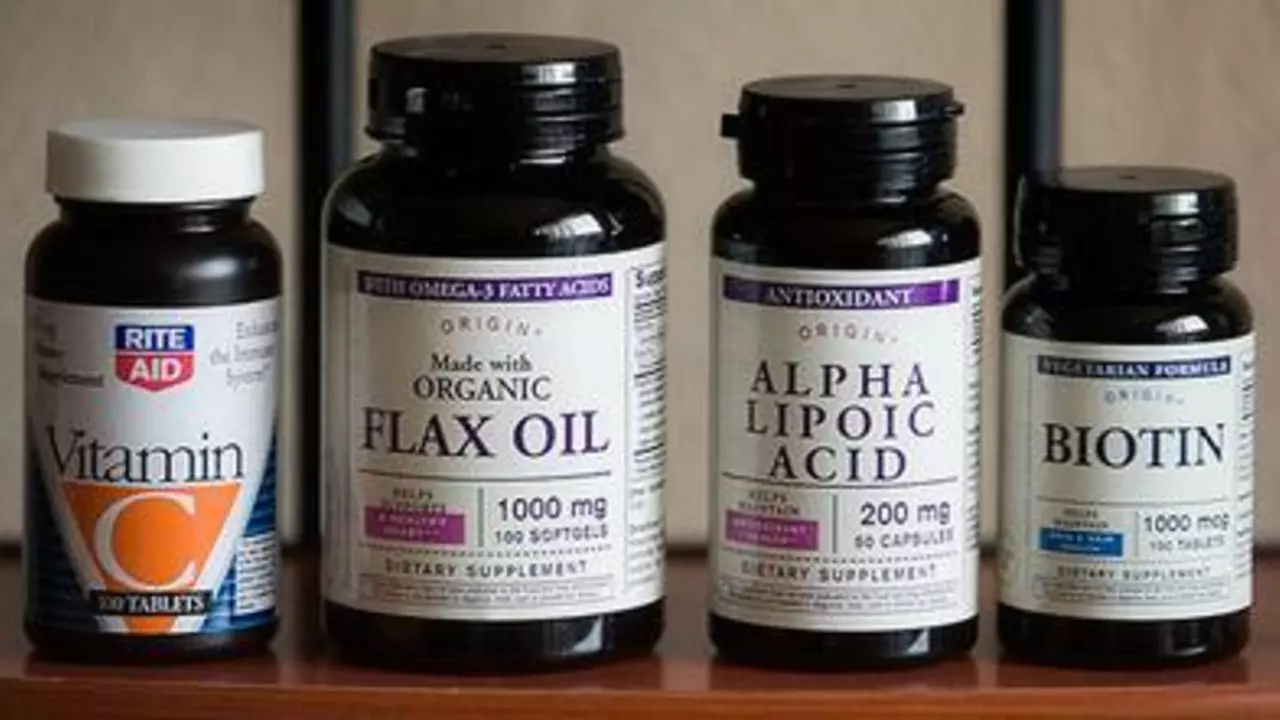Dietary Supplement: Practical Guide to Safe, Effective Use
Think supplements are harmless because they’re "natural"? Not always. Some pills help, some waste money, and a few can cause real harm if mixed with prescription drugs. This page gives clear, usable steps to pick supplements that work for you and avoid the common mistakes people make.
How to pick a safe supplement
Start by asking what you want the supplement to do: energy, joint support, hormone balance, or recovery. Match the product to that goal and ignore vague promises. Check the label for an exact ingredient list and serving size — not just a fancy marketing name. Look for third-party testing seals such as USP, NSF, or ConsumerLab. These don’t guarantee effectiveness, but they do confirm the product contains what it claims and isn’t contaminated.
Prefer brands that list the exact dose per ingredient. Avoid proprietary blends that hide amounts. If a pill claims extreme benefits at tiny doses, that’s a red flag. For products mentioned on our site: alpha-ketoglutarate is often used for energy and muscle support; Calcium D‑Glucarate is taken for detox and hormone balance; Laurelwood is a branded supplement that lists specific benefits — always check the label for dose and testing.
Using supplements wisely
Start low and go slow. Take the manufacturer’s recommended dose, but try the lowest effective amount first to watch for side effects. Keep a short journal: note date, dose, and any effects. If you take prescription medicines, ask your clinician or pharmacist about interactions. For example, St. John’s wort can interact with antidepressants like citalopram (Celexa) and cause serious issues. Same for blood thinners, diabetes drugs, and some heart medicines.
Timing matters: fat‑soluble vitamins (A, D, E, K) absorb better with a meal that contains fat. Minerals like iron absorb best on an empty stomach but can upset digestion — take with food if needed. Store supplements in a cool, dry place and check expiry dates. Avoid mega‑doses unless supervised by a healthcare pro; more isn’t always better.
Watch for suspicious signs: if a product promises a cure-all, pressures you to buy instantly, or shows fake medical endorsements, step back. For athletes, test supplements for banned substances through a reputable lab. If you’re pregnant, nursing, under 18, or have serious health conditions, get medical advice before starting anything new.
Want simple picks to consider? Look for evidence-backed basics: a reliable multivitamin if your diet lacks variety, omega‑3 for heart and brain support, and vitamin D if you’re low after testing. Specialty products like alpha‑ketoglutarate or Calcium D‑Glucarate can be useful for specific goals — but treat them as targeted tools, not magic bullets.
Final tip: pay attention to results. If a supplement doesn’t help after a reasonable trial (8–12 weeks for many products), stop it and re-evaluate. Use the information here plus the articles on our site to compare ingredients and safety so you spend money on what actually helps you feel better.

 May, 16 2025
May, 16 2025




